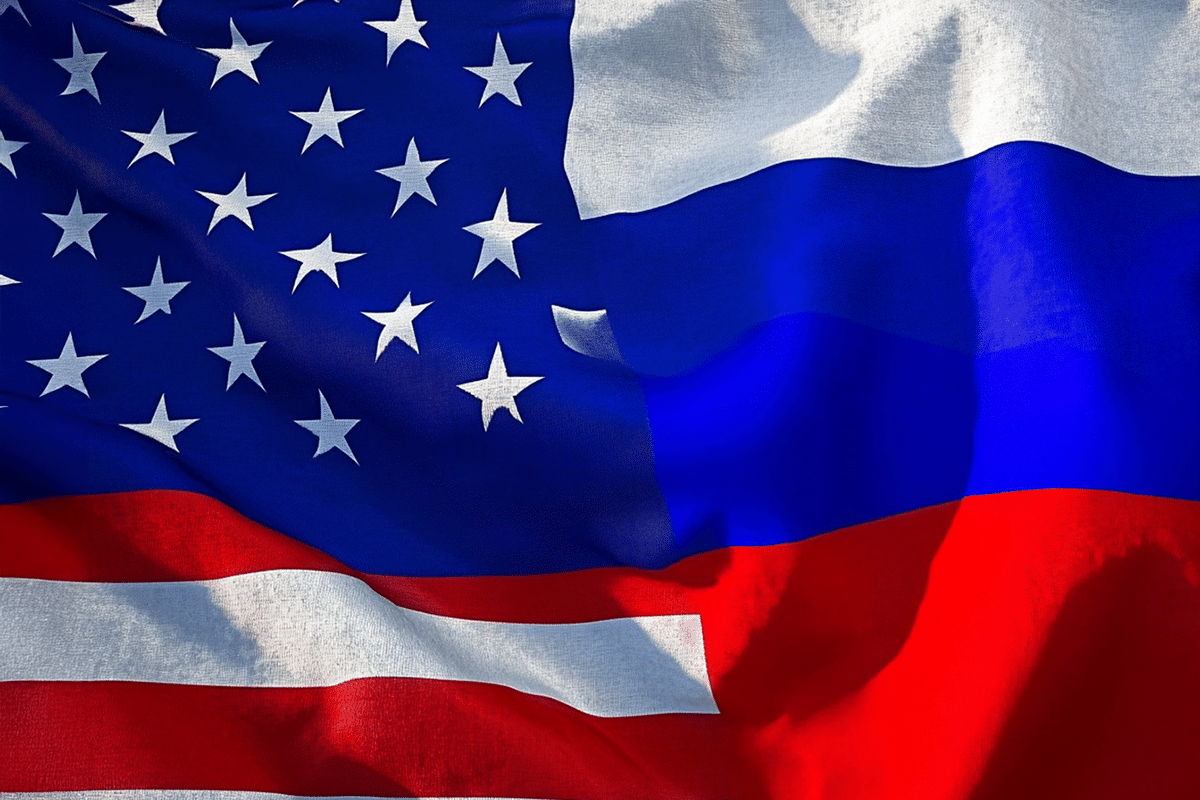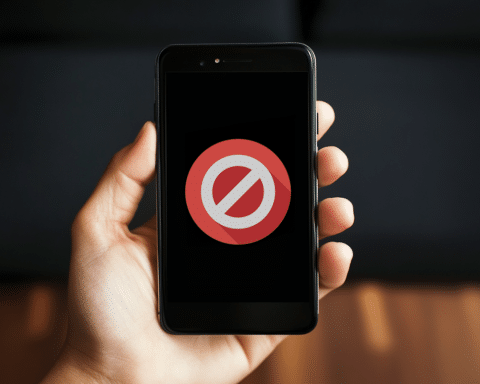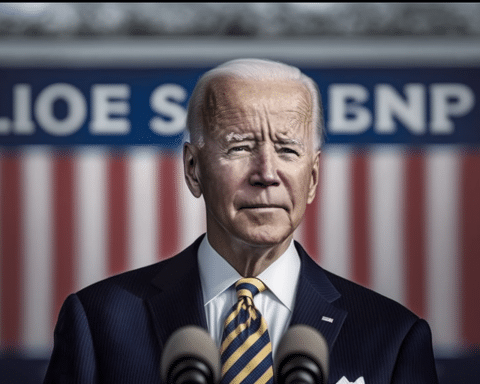TikTok has taken decisive action by removing accounts linked to Russian media organizations attempting to interfere with the upcoming US presidential election. The social media platform, owned by Chinese company ByteDance, said the accounts were tied to Rossiya Segodnya and TV-Novosti, which operate the Sputnik news agency and the RT broadcaster. This decision marks a significant step in TikTok’s efforts to combat foreign interference on its platform, which is used by 170 million Americans for content ranging from sports to politics.
The move follows a similar action by Meta, the parent company of Facebook and Instagram, which recently banned Rossiya Segodnya, RT, and other related entities for engaging in foreign interference activities globally. These measures reflect growing concerns about the influence of state-affiliated media, particularly from Russia, on social media platforms during election cycles. Despite these sanctions, neither Rossiya Segodnya nor RT provided any immediate response to these actions.
Earlier this month, the US Department of Justice took its own steps against Russian interference. The department announced charges against two RT employees who were involved in a scheme to funnel nearly $10 million into a US-based company known as Tenet Media. The funds were used to amplify content aligned with Russian state interests and targeted at the American public in the lead-up to the 2024 election. This covert influence campaign, according to US officials, was part of a broader effort to sway public opinion.
Tenet Media, which hosts several high-profile right-wing commentators, was allegedly used as a vehicle for promoting pro-Russian narratives. Among the commentators associated with Tenet Media are Tim Pool, Dave Rubin, and Benny Johnson. Each of these commentators has since stated that they were unaware of the scheme and consider themselves victims of the alleged Russian interference effort.
Despite the serious charges, RT has responded with dismissive remarks, mocking the US Justice Department’s allegations without directly addressing the specifics of the accusations.
While TikTok has taken action to remove these accounts, it continues to face scrutiny over its own vulnerabilities to foreign influence. Concerns have been raised about whether the Chinese government could manipulate TikTok’s algorithm to influence the American public, given that ByteDance, the platform’s parent company, is based in China. This potential risk has sparked debate among US lawmakers, with some calling for further restrictions on the app.
In response to these concerns, President Joe Biden signed a bill in April that could lead to a nationwide ban on TikTok in the United States unless the platform finds a new owner that is not tied to China. ByteDance has since challenged this potential ban in court, pushing back against the allegations that TikTok is a tool for foreign interference.
As social media platforms like TikTok and Meta take steps to address foreign influence, the US government continues to monitor these activities, underscoring the importance of securing digital platforms ahead of critical elections.




